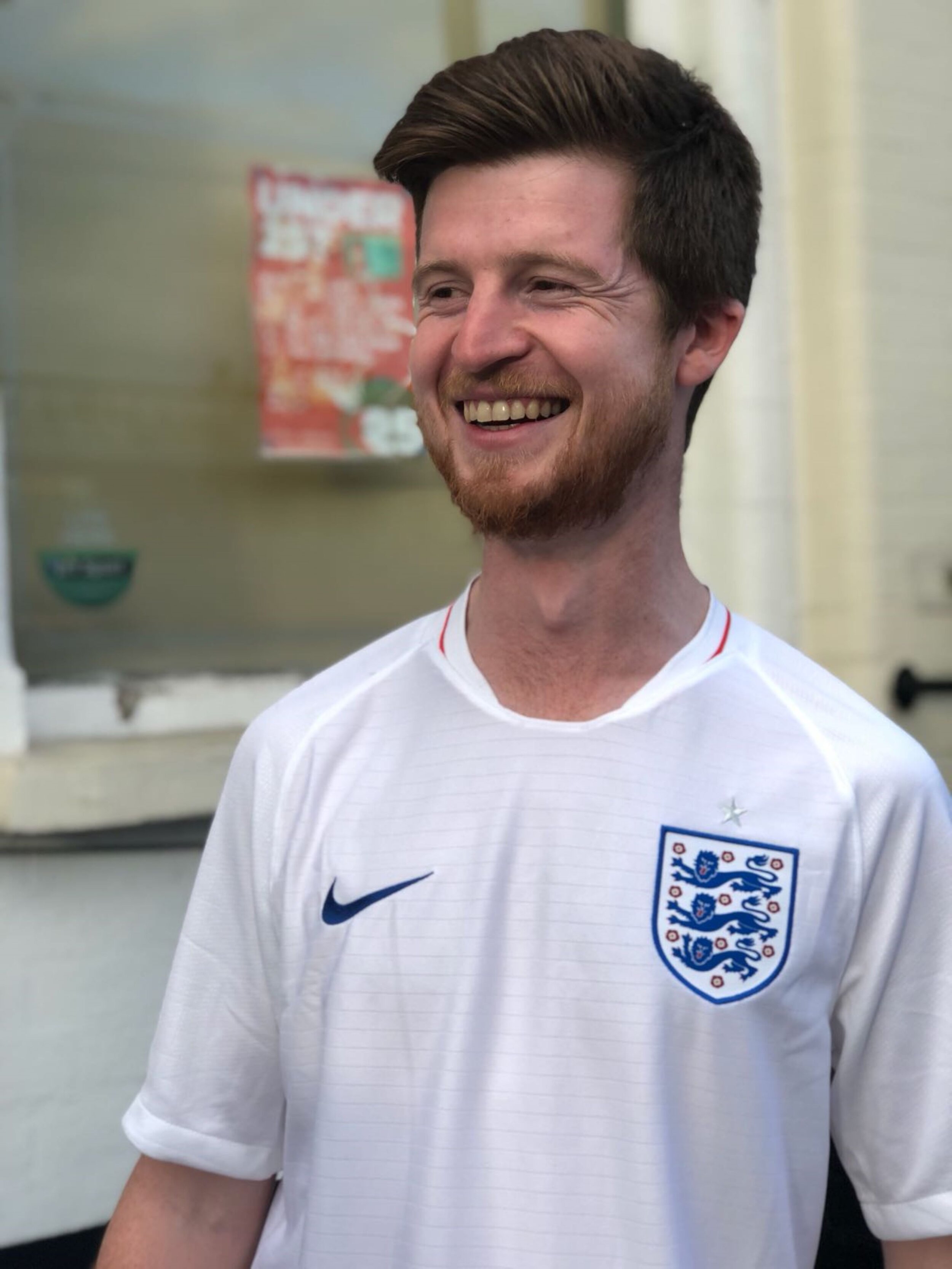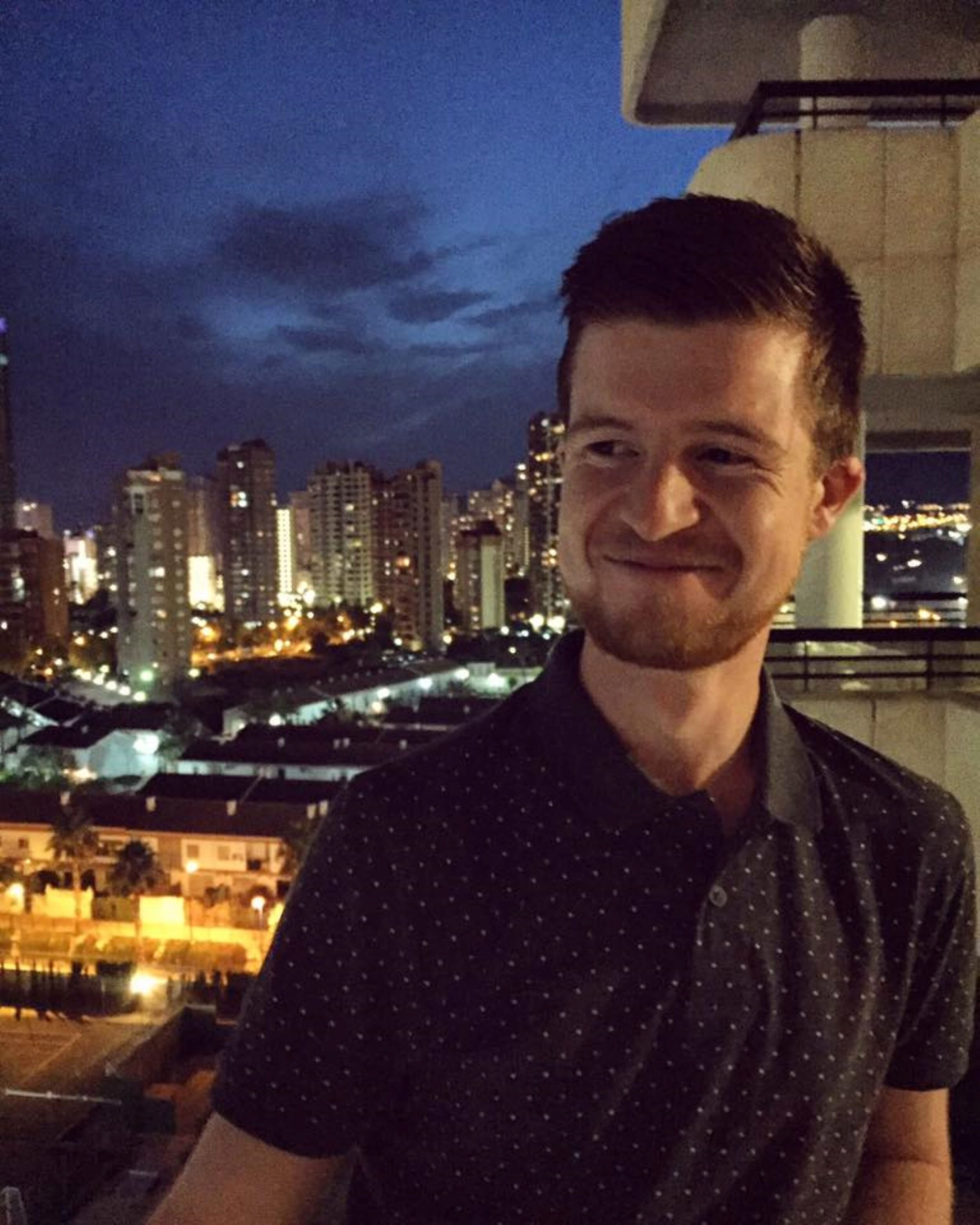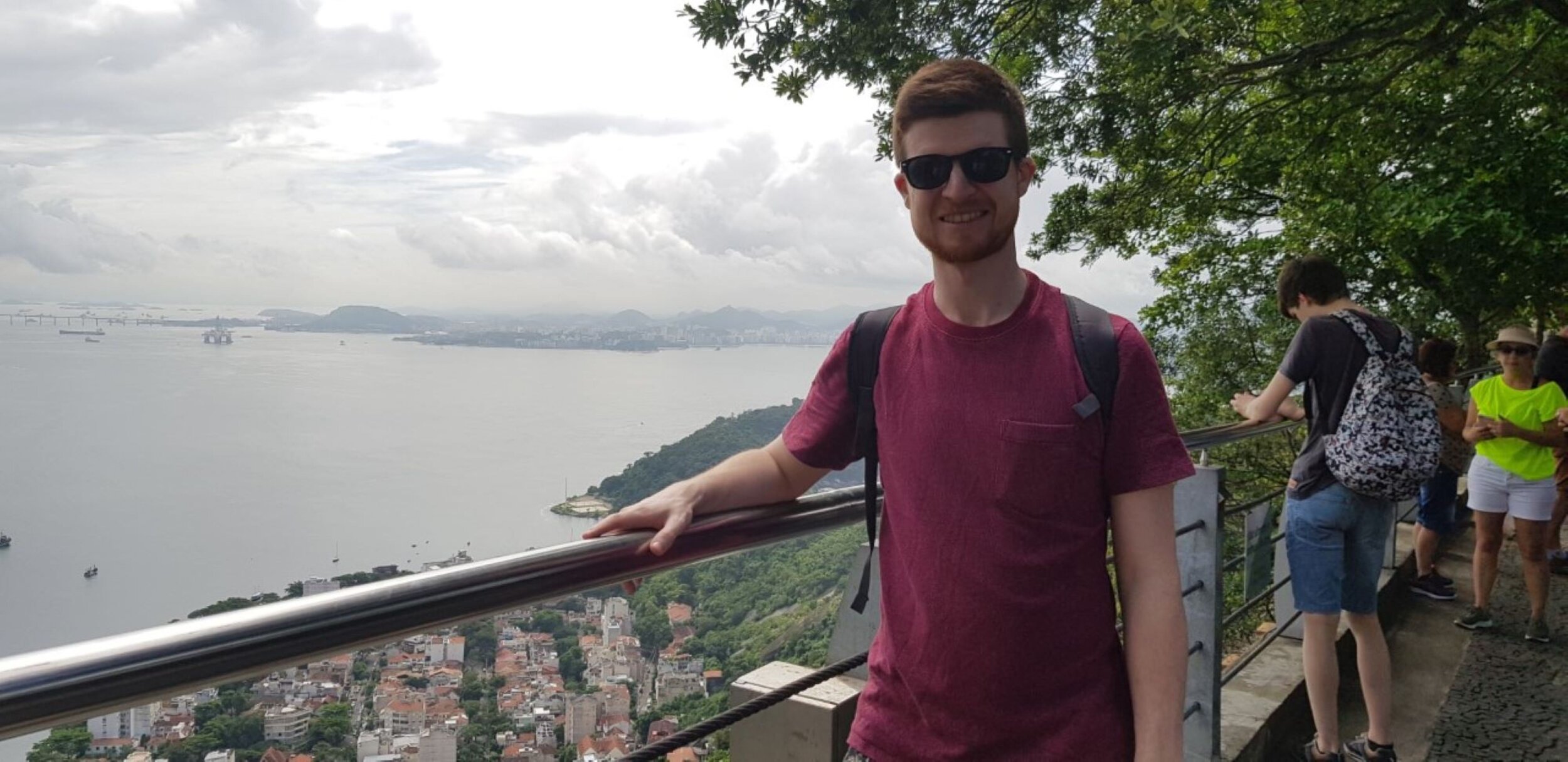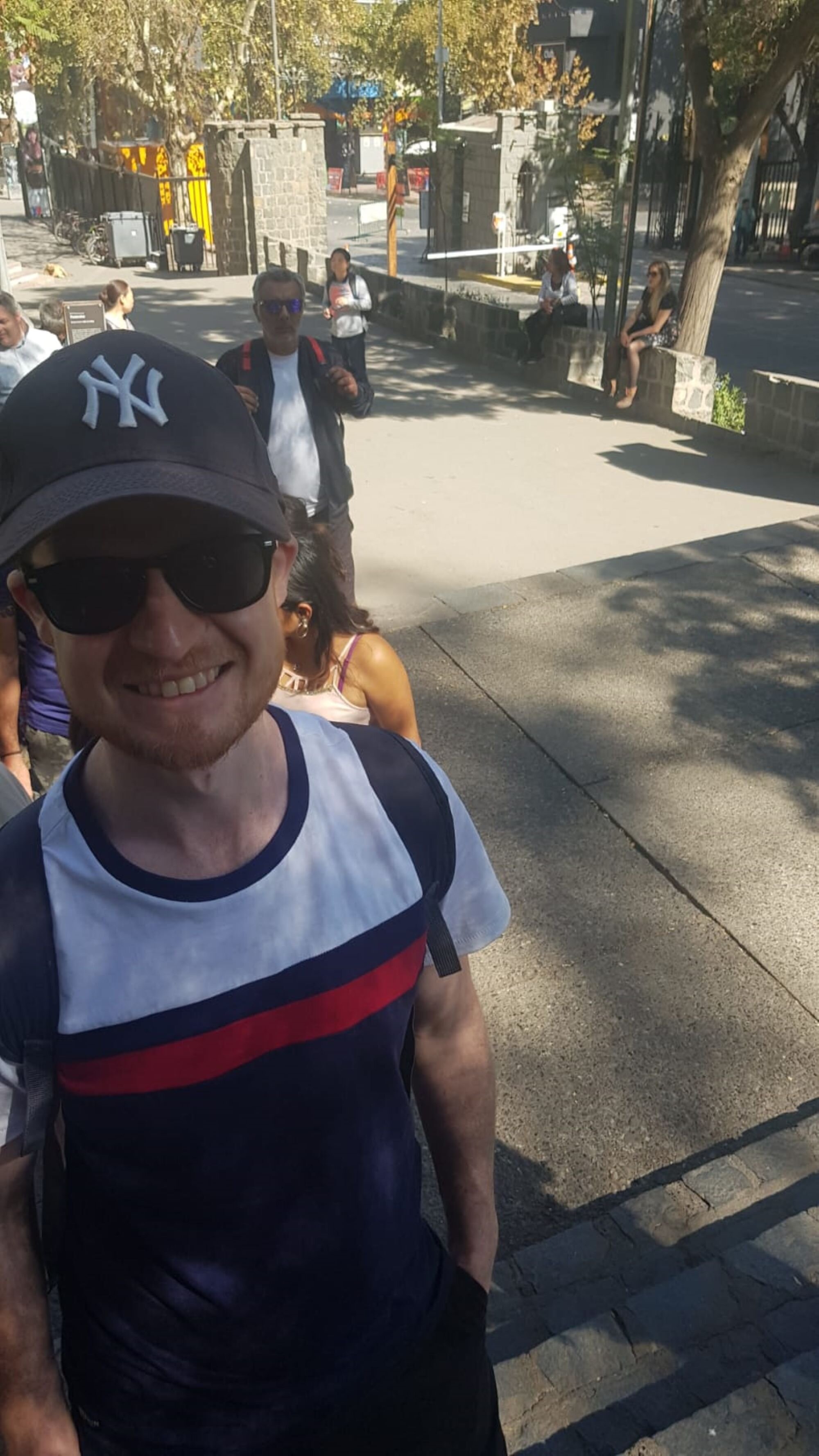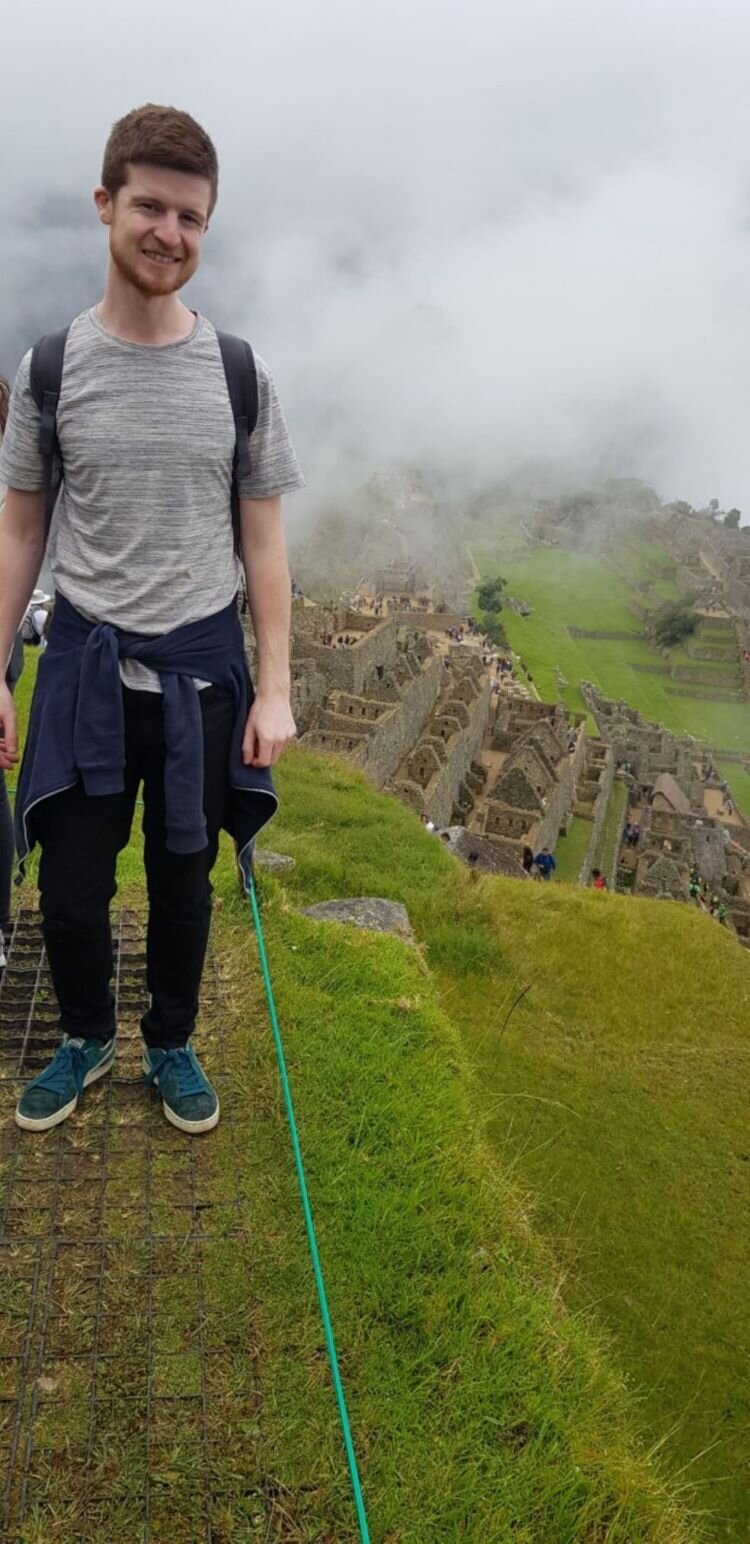I’ve embraced being an introvert
For years, I fought my very nature. Now, I’ve accepted that I’m an introvert and my mental health and quality of life have improved exponentially
Exclusive | 2 min read
I once spent an entire party sitting in exactly the same position on the corner of the sofa, drinking myself into oblivion, hoping the Carlsberg and vodka would turn me into a conversational superhuman. The more I drank, the more my conscience told me to go and mingle, but I couldn’t bring myself to do it – to go and talk to people. I was physically and mentally frozen and didn’t say a word to anyone that night.
I left after a few hours in a drunken daze, walked home in the cold, crawled into bed and didn’t resurface for days. It was one of a few dark moments in my life when I really struggled with being an introvert.
Experiences like that didn’t happen in isolation. After nights out or a big social event where I’d struggled to fit in or speak to anyone, I often reacted to the swirl of negative emotions I was experiencing by going into hiding for a few days. I see it now for what it was: a form of self-care to be alone, without the societal pressures of talking to anyone weighing down on me.
Frozen
I’ve often felt crippled by my introverted nature and questioned what’s the point of being on this earth if you’re not going to be heard? So I worked against my nature for years. For any introvert, the idea of translating your thoughts into spoken words in social situations, having a mind-blank or being in a conversation with others is daunting.
Once, I went completely blank during a presentation in my first term at university. The moment stretched on like an absolute eternity. My face reddened, my hands shook and I just wanted to be back in bed with the cover pulled over my head.
Luckily, I was saved by my teammates who saw me floundering and took over, sparing me from complete social humiliation. They were sensitive and understanding, putting my breakdown in communication down to nerves. Now, I can see it went far deeper.
As a result of my quiet, fairly awkward nature, ex-colleagues, ex-classmates and even ex-friends have been quick to judge me; labelling me withdrawn, unenthusiastic, boring, aloof or unfriendly and I never quite understood why.
But it’s all a part of the introvert’s repertoire, I now see.
Being introverted has impacted my daily routines since childhood. During secondary school, skipping class became routine and I regularly made excuses to miss social events. The theme continued into my early 20s, and I became unintentionally blunt in conversation, which pushed people away.
For years, I tormented and chastised myself for the way I was, whilst simultaneously trying to understand why I did these things. According to Stephen Hawking, ‘quiet people have the loudest minds’ and that was certainly true for me.
My incessant thoughts led to daily self-doubt in my late teen years and early 20s. For most people, that period of life is one of the most sociable and memorable, but I spent it trying to understand why I didn’t want the same things my friends did.
Self-doubt
Was I unsociable? A bad person? Fearful of everything? Was it depression? Anxiety? A lack of confidence? But the simple, overriding answer was, and remains, that I am, and always have been, an introvert.
In recent years, I’ve come to terms with this trait and am a better person for that self-acceptance. I graduated university with a 2:1, became a teacher, travelled around the world and I’m now a full-time freelance sports journalist.
I’d love to rewind a decade and tell my young, awkward, glued-to-the-sofa younger self that he’d one day be presenting lessons to 30 people without anxiety, travelling to distant countries, and interviewing sports personalities on a regular basis.
The road to self-acceptance has been a long one. Step by step, I’ve had to convince myself that I’m not built the same as an extrovert and that is OK.
Acceptance
I’ve read the words of fellow introverts like author Matt Haig and connected deeply with his books, and posts on social media. Seeing people like Matt give tips and share their own experiences of social anxiety and awkwardness is reassuring. Knowing others find social occasions difficult is reassuring and helped me accept that it’s alright to be reserved and avoid socialising has been a blessing.
I now feel content, even happy, to be the reserved fellow in the corner at the party, entering the fray on my terms or when the right moment strikes because that’s who I am. If it takes 10 minutes, five hours, or I don’t speak to a new soul all night, then so be it.
What I once damned myself for and tried to rectify, I now embrace. Because of that, I now find regular solace and peace of mind in my quiet nature.
Like this article? Please help us commission more like it by donating the cost of a cuppa on Ko-fi. Sharing this article on your social media, and following us on Instagram, Facebook, and Twitter are also a great way to support our independent, self-funded platform.
We encourage debate, but trolls are not welcome. Please read our comments policy before contributing.





